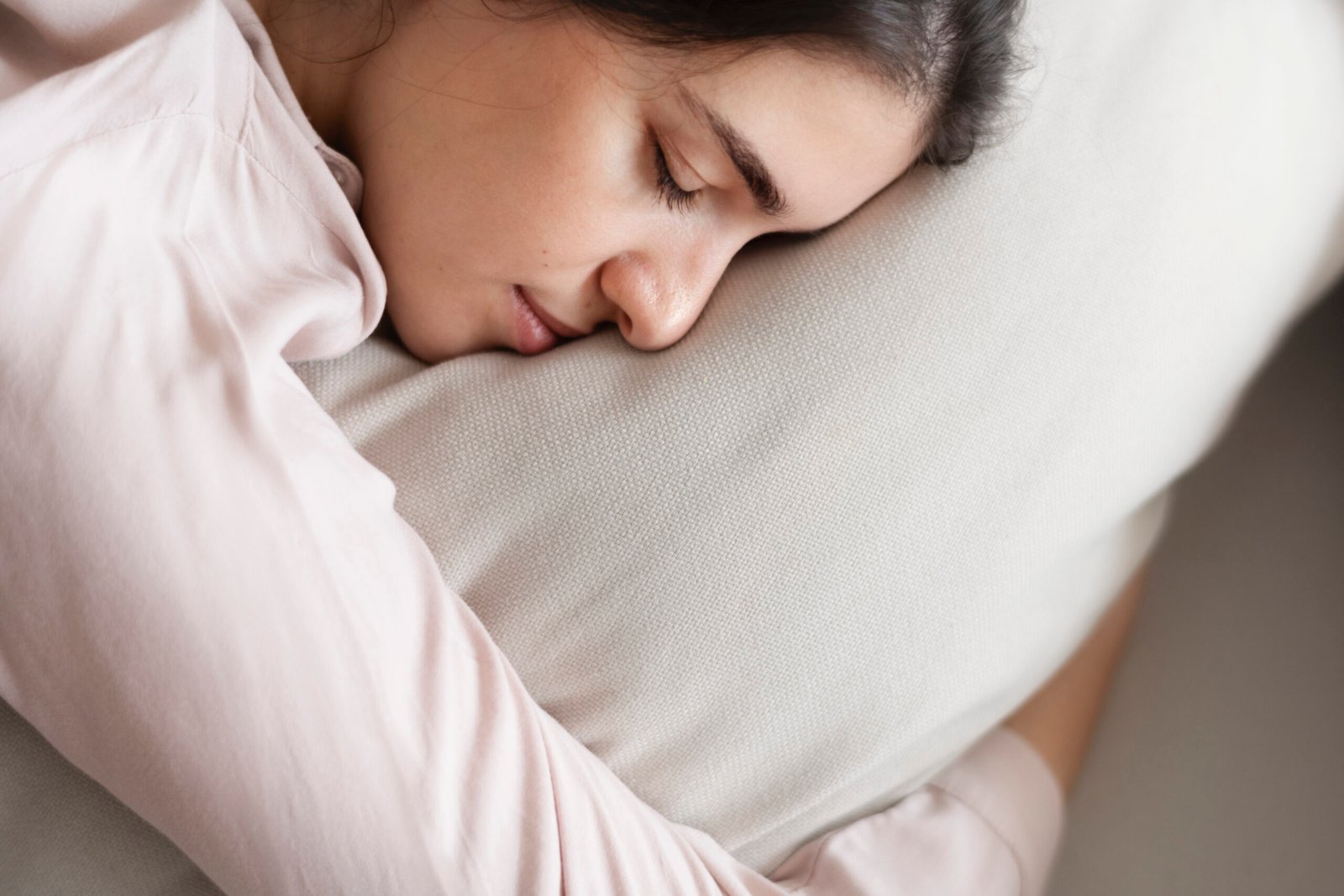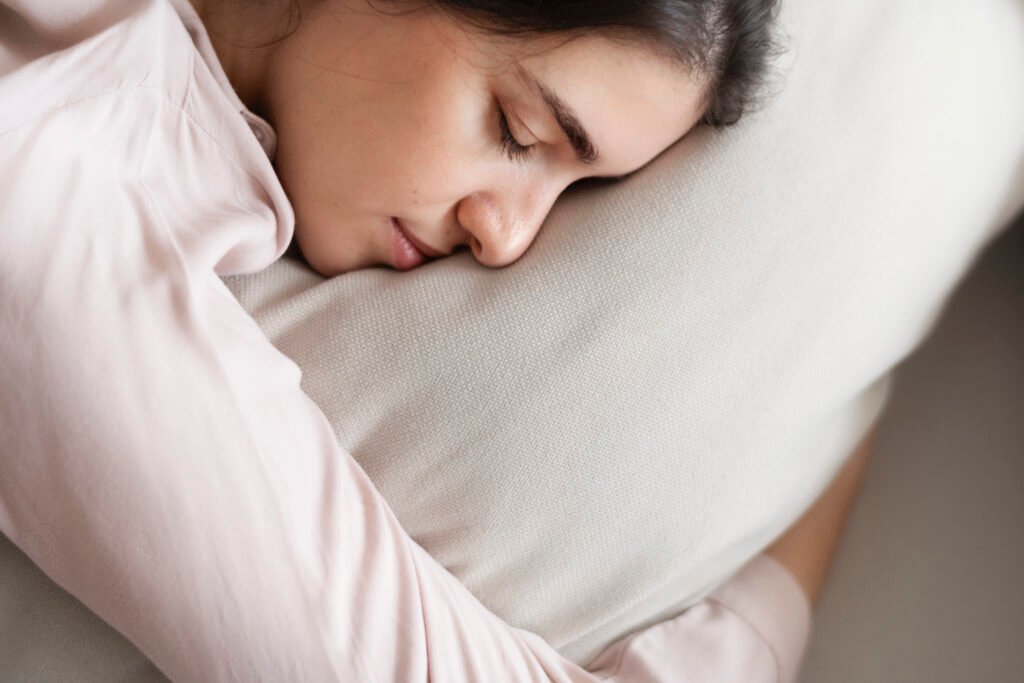Sleep Health: Complete Guide

Sleep is one of the most fundamental pillars of health, yet it’s often overlooked in today’s fast-paced world. From physical recovery to mental clarity, sleep impacts every aspect of our wellbeing.
In this complete guide to sleep health, we’ll explore the importance of sleep, how it affects your body and mind, and share practical tips to improve your sleep quality. Prioritizing rest can transform your overall health, helping you to feel rejuvenated, focused, and energized each day.

1. Why Sleep is Essential for Your Health
Sleep is critical for maintaining physical and mental health. It allows the body to repair itself, the brain to process information, and the immune system to strengthen. Research has shown that poor sleep is linked to a variety of health issues, including heart disease, obesity, diabetes, and mental health disorders such as depression and anxiety.
A good night’s sleep enhances memory, improves mood, sharpens cognitive function, and boosts your immune response. Prioritizing sleep is one of the most effective ways to support overall wellbeing and longevity.
2. The Stages of Sleep: What Happens When You Sleep
Understanding the different stages of sleep can help you appreciate its importance. Sleep is divided into two primary categories: Non-REM (non-rapid eye movement) and REM (rapid eye movement) sleep.
- Non-REM Sleep: Composed of three stages, Non-REM sleep is crucial for physical restoration. In the deepest stages (Stages 3 and 4), the body repairs tissues, builds muscle, and strengthens the immune system.
- REM Sleep: This stage is when most dreaming occurs, and it plays a key role in emotional regulation and memory consolidation. REM sleep is also essential for cognitive function and creativity.
A healthy sleep cycle involves multiple rotations through these stages, ensuring both physical recovery and mental rejuvenation.
3. Common Causes of Poor Sleep
Many factors can contribute to poor sleep quality, and identifying the root cause is the first step toward improvement. Common causes include:
- Stress and Anxiety: High levels of stress or anxiety can make it difficult to fall asleep or stay asleep.
- Irregular Sleep Schedule: Going to bed at different times each night can disrupt your body’s internal clock, known as the circadian rhythm.
- Caffeine and Stimulants: Consuming caffeine or other stimulants too late in the day can interfere with your ability to fall asleep.
- Screen Time: Exposure to blue light from smartphones, tablets, or computers suppresses the production of melatonin, a hormone that promotes sleep.
- Poor Sleep Environment: A noisy, uncomfortable, or overly bright sleep environment can prevent deep, restful sleep.
4. How to Improve Sleep Quality
To improve the quality of your sleep, focus on creating healthy habits that support your body’s natural sleep-wake cycle.
Establishing a Consistent Sleep Routine
Consistency is key when it comes to sleep. Going to bed and waking up at the same time every day helps regulate your circadian rhythm, making it easier to fall asleep and wake up naturally.
- Tip: Set a regular bedtime and stick to it, even on weekends. Create a calming pre-sleep routine, such as reading or taking a warm bath, to signal to your body that it’s time to wind down.
Nutrition and Sleep: Foods That Help and Harm
Your diet can have a significant impact on your sleep. Certain foods and drinks can either promote restful sleep or contribute to insomnia.
- Foods that Help:
- Tryptophan-rich foods: Tryptophan is an amino acid that promotes the production of serotonin, which is then converted into melatonin. Foods like turkey, chicken, eggs, and nuts are rich in tryptophan.
- Magnesium-rich foods: Magnesium helps relax muscles and calm the nervous system. Leafy greens, bananas, and almonds are excellent sources of magnesium.
- Herbal teas: Chamomile, valerian root, and lavender teas have calming properties that promote relaxation before bed.
- Foods to Avoid:
- Caffeine: Coffee, chocolate, and some teas contain caffeine, a stimulant that can interfere with sleep. Try to limit caffeine consumption after midday.
- Sugary snacks: High-sugar foods can cause blood sugar spikes and crashes, leading to restless sleep.
- Alcohol: While alcohol may initially make you feel sleepy, it disrupts the sleep cycle and can prevent deep, restorative sleep.
Optimizing Your Sleep Environment
Creating an environment conducive to sleep is crucial for restful nights. Small changes can make a big difference.
- Temperature: Keep your bedroom cool, ideally between 60-67°F (15-19°C). This range promotes deeper sleep by lowering your core body temperature.
- Lighting: Eliminate all sources of artificial light in your bedroom, including street lights or glowing electronics. Blackout curtains or a sleep mask can help ensure total darkness.
- Noise: Reduce noise pollution with earplugs, a white noise machine, or calming nature sounds. If complete silence bothers you, try soft ambient music or a fan.
- Comfortable Bedding: Invest in a high-quality mattress and pillows that support your body comfortably. Your bedding should also be breathable to prevent overheating.
5. The Benefits of Deep Sleep and REM Sleep
Both deep sleep and REM sleep offer distinct health benefits. Deep sleep (primarily in Non-REM Stage 3) is critical for physical restoration, including tissue growth and immune function. REM sleep, on the other hand, is essential for emotional regulation, problem-solving, and memory processing.
Getting sufficient amounts of each sleep stage ensures that you wake up feeling refreshed and ready for the day.
- Tip: Aim for 7-9 hours of sleep each night to allow your body ample time to cycle through all the stages of sleep.
6. Sleep and Mental Health
The relationship between sleep and mental health is bidirectional—poor sleep can lead to mental health issues, and mental health problems can interfere with sleep. Sleep deprivation has been linked to increased levels of stress, anxiety, and depression.
Conversely, getting enough quality sleep can improve mood, cognitive function, and resilience to stress. To support both mental and physical wellbeing, prioritize sleep as part of your overall health routine.
7. Conclusion
Sleep is the foundation of overall health and wellbeing. By making simple adjustments to your sleep routine, diet, and environment, you can dramatically improve the quality of your rest. Whether you’re dealing with stress-related insomnia or just want to wake up feeling more energized, the strategies in this guide can help you get the deep, restorative sleep your body and mind need.
Prioritizing sleep health is one of the most effective ways to enhance your physical and mental performance, prevent illness, and lead a more balanced life.
This Guide to Sleep Health can surely help optimizing